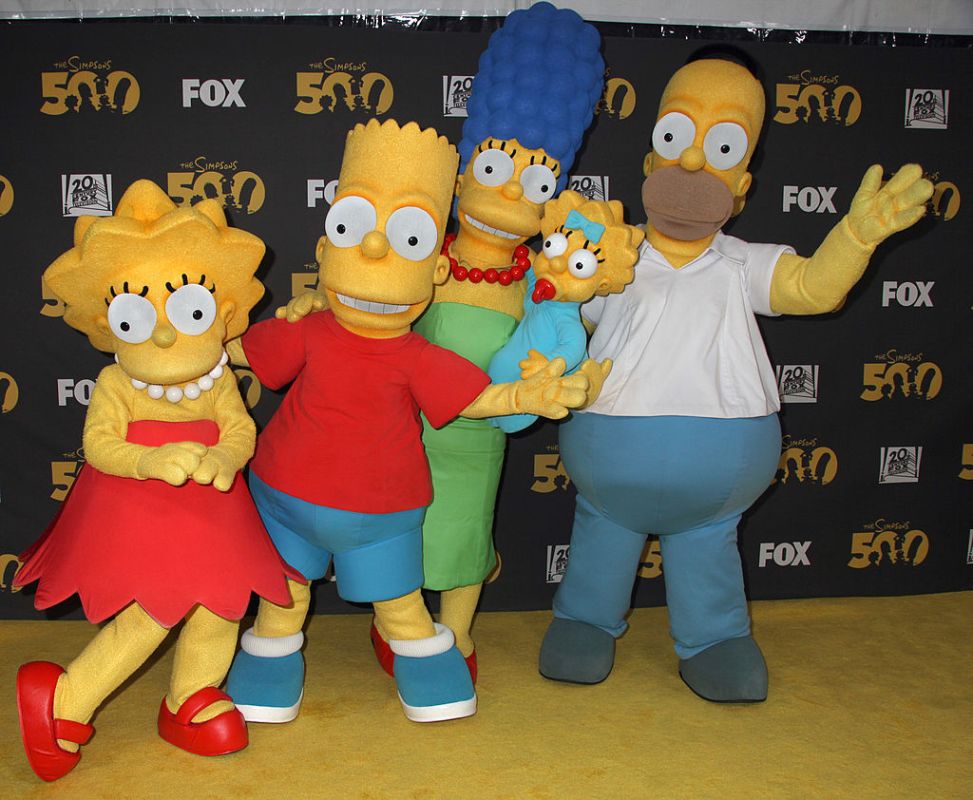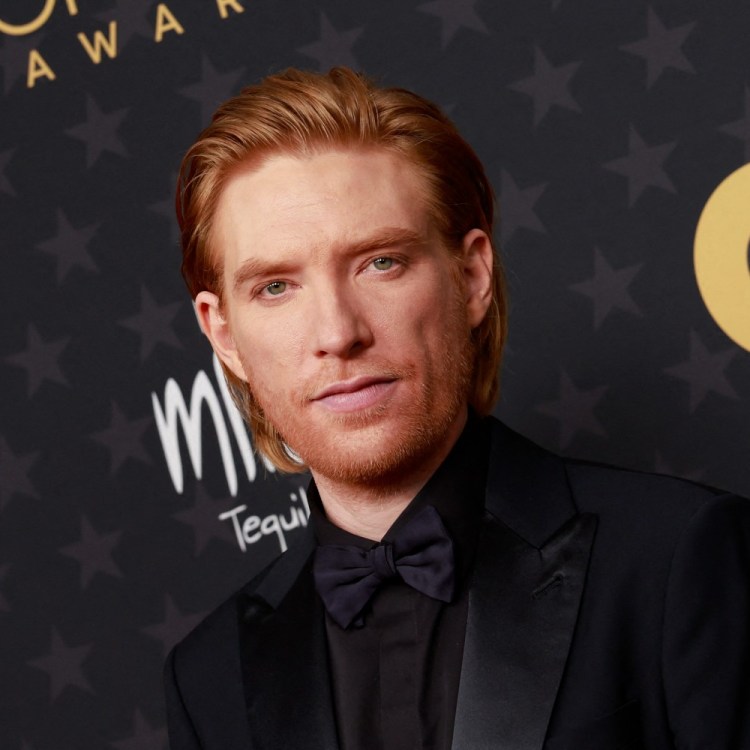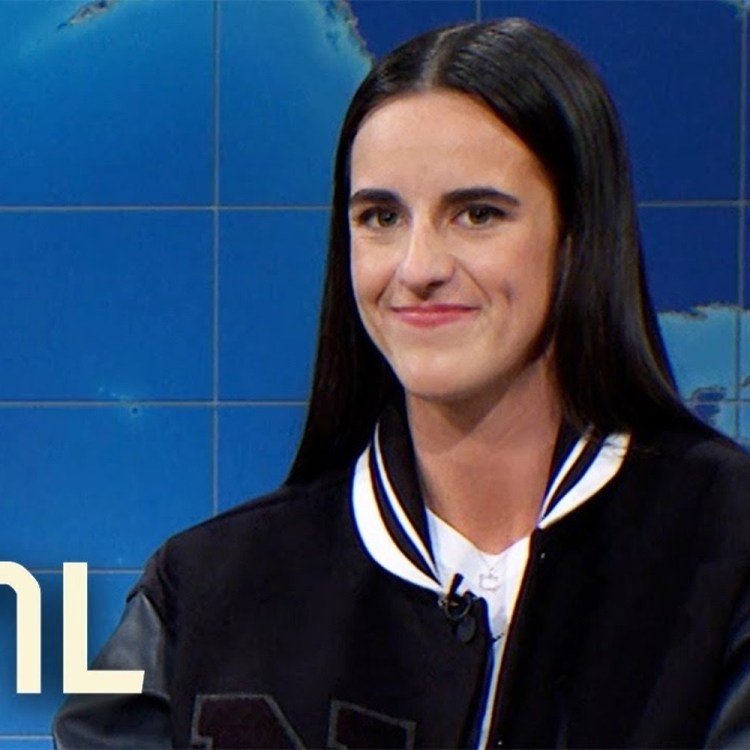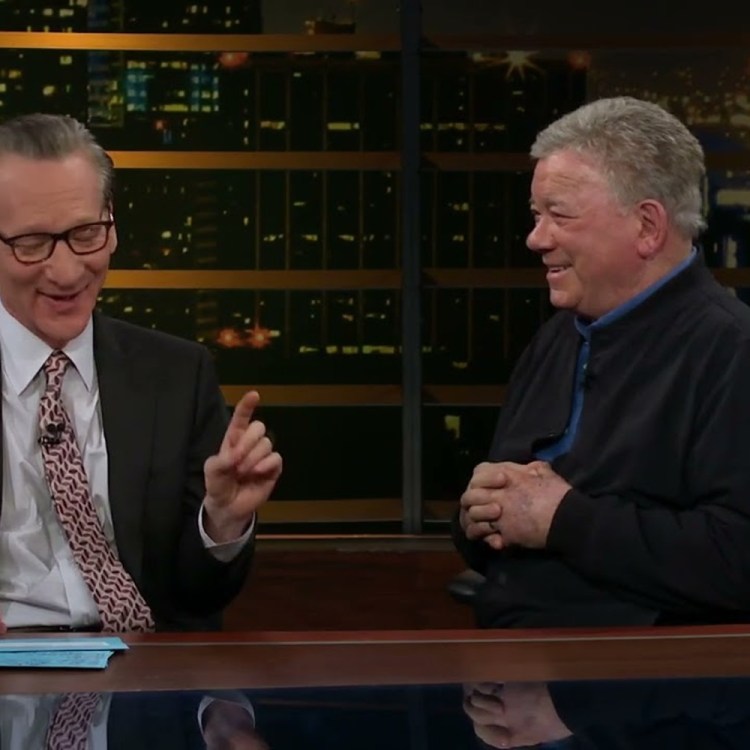There’s been a long debate running in animation over casting white actors to play characters who aren’t white. It’s come up when BoJack Horseman creator Raphael Bob-Waksberg has spoken about his complex feelings regarding having cast Alison Brie as the voice of a Vietnamese-American character when the show began. Comedian Hari Kondabolu made the documentary The Problem With Apu, which focused on the problematic aspects of long-running supporting character Apu Nahasapeemapetilon, voiced for much of the show’s run by Hank Azaria.
Azaria announced earlier this year that he would no longer voice Apu — and while that decision was an isolated one, it’s beginning to look like the tip of something much larger. Earlier this week, came the news that Jenny Slate and Kristen Bell would no longer voice biracial characters on, respectively, Big Mouth and Central Park.
The changes have continued. The latest news, from The Wrap, notes that The Simpsons will no longer have white actors playing characters of color. This comes on the heels of Mike Henry announcing that he would no longer voice Black character Cleveland Brown on Family Guy. It’s a big moment in animation — The Simpsons decision looking especially surprising given the show’s producers’ previous reactions to the issues raised in Kondabolu’s documentary.
Earlier this week, Kathryn VanArendonk explored this phenomenon at Vulture, and offered some useful advice:
The simplest and most effective solution is to not accept the excuse of color-blind casting in the first place. If these characters had all been cast with color-conscious decisions from day one, these demonstrations of ignorance and privilege would never have been part of the shows’ histories.
We’re in the midst of a moment of change for an industry — but hopefully that change will lead to a more equitable space for everyone moving forward.
Subscribe here for our free daily newsletter.
Thanks for reading InsideHook. Sign up for our daily newsletter and be in the know.


















